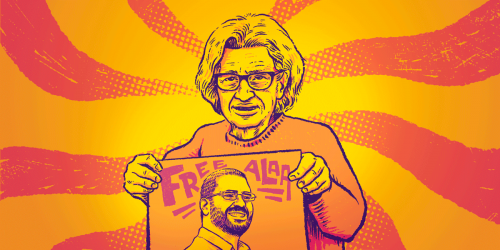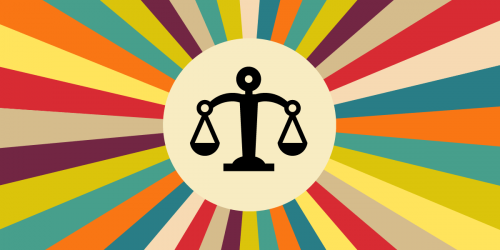A trade group representing giants of Internet business from Facebook to Microsoft has just endorsed a “compromise” version of the Stop Enabling Sex Traffickers Act (SESTA), a bill that would be disastrous for free speech and online communities.
Just a few hours after Senator Thune’s amended version of SESTA surfaced online, the Internet Association rushed to praise the bill’s sponsors for their “careful work and bipartisan collaboration.” The compromise bill has all of the same fundamental flaws as the original. Like the original, it does nothing to fight sex traffickers, but it would silence legitimate speech online.
It shouldn’t really come as a surprise that the Internet Association has fallen in line to endorse SESTA. The Internet Association doesn’t represent the Internet—it represents the few companies that profit the most off of Internet activity.
It’s shameful that a small group of lobbyists with an agenda of censorship have presented themselves to lawmakers as the unanimous experts in sex trafficking. It’s embarrassing that it’s worked so well.
Amazon and eBay would be able to absorb the increased legal risk under SESTA. They would likely be able to afford the high-powered lawyers to survive the wave in lawsuits against them. Small startups, including would-be competitors, would not. It shouldn’t pass our attention that the Internet giants are now endorsing a bill that will make it much more difficult for newcomers ever to compete with them.
IA also doesn’t represent Internet users. It doesn’t represent the marginalized voices who’ll be silenced as platforms begin to over-rely on automated filters (filters that will doubtless be offered as a licensed service by large Internet companies). It doesn’t represent the LGBTQ teenager in South Dakota who depends every day on the safety of his online community. It doesn’t represent the sex worker who will be forced off of the Internet and onto a dangerous street.
The Internet Association can tell itself and its members whatever it wants—that it held its ground for as long as it could despite overwhelming political opposition, that the law will motivate its members to make amazing strides in filtering technologies—but there is one thing that it simply cannot say: that it has done something to fight sex trafficking.
Again and again and again, experts in sex trafficking have spoken out to say that SESTA is the wrong solution, that it will put trafficking victims in more danger, that it will remove the very tools that law enforcement uses to rescue victims. It’s shameful that a small group of lobbyists with an agenda of censorship have presented themselves to lawmakers as the unanimous experts in sex trafficking. It’s embarrassing that it’s worked so well.
A serious problem calls for serious solutions, and SESTA is not a serious solution. At the heart of the sex trafficking problem lies a complex set of economic, social, and legal issues. A broken immigration system and a torn safety net. A law enforcement regime that puts trafficking victims at risk for reporting their traffickers. Officers who aren’t adequately trained to use the online tools at their disposal, or use them against victims. And yes, if there are cases where online platforms themselves directly contribute to unlawful activity, it’s a problem that the Department of Justice won’t use the powers Congress has already given it. These are the factors that deserve intense deliberation and debate by lawmakers, not a hamfisted attempt to punish online communities.
The Internet Association let the Internet down today. Congress should not make the same mistake.
Tell Congress: The Internet Association Does Not Speak for The Internet












